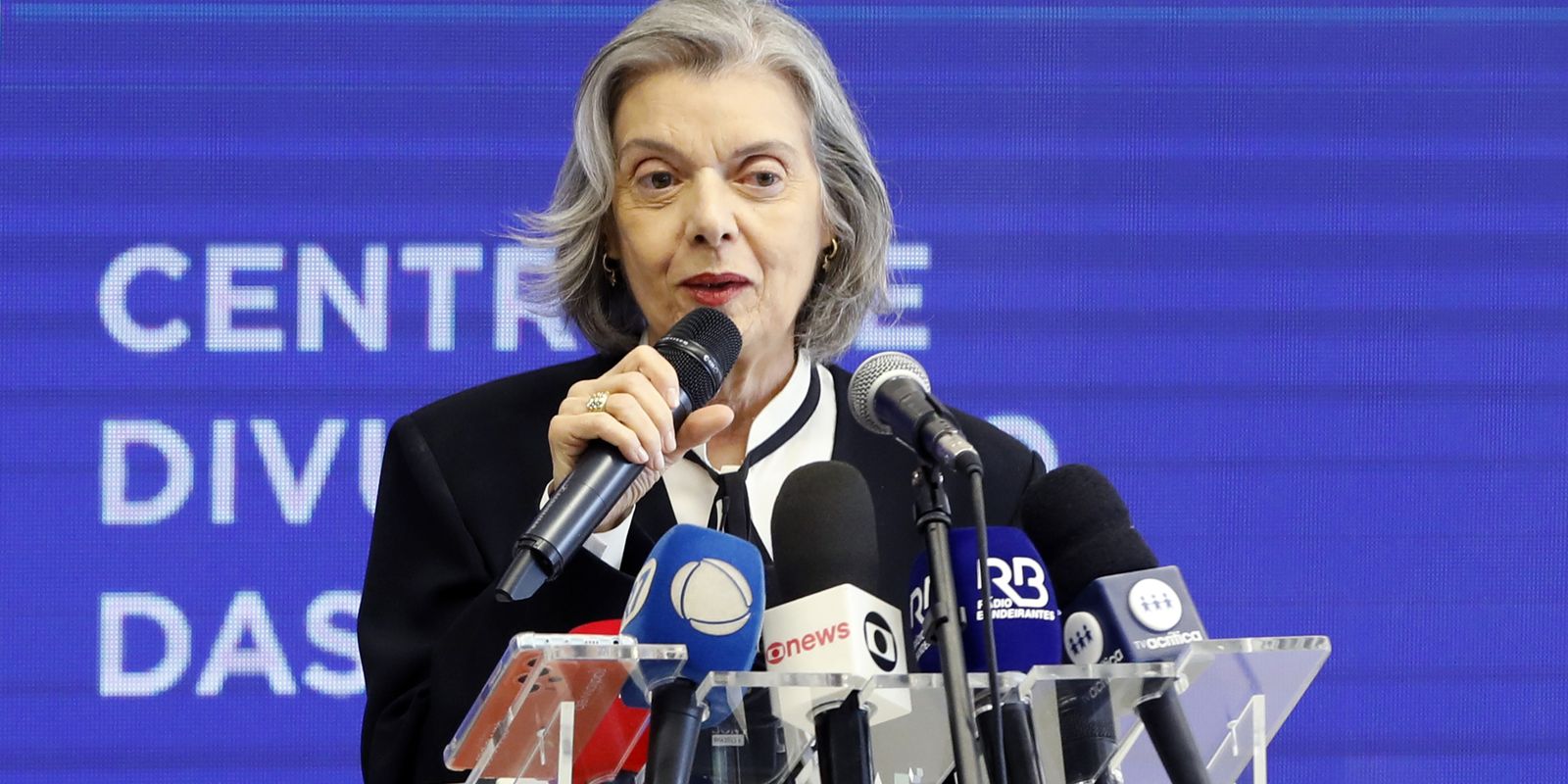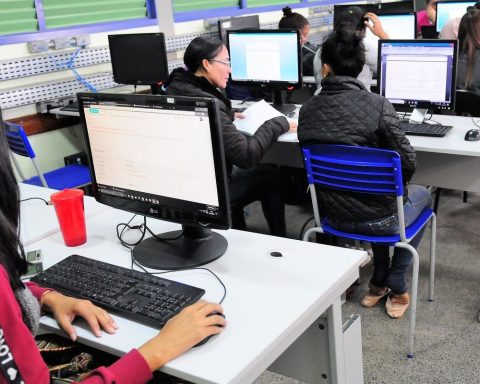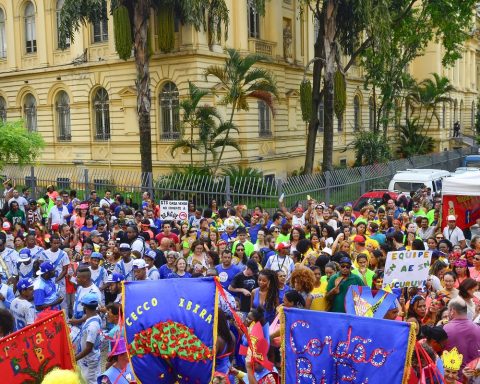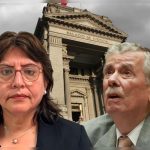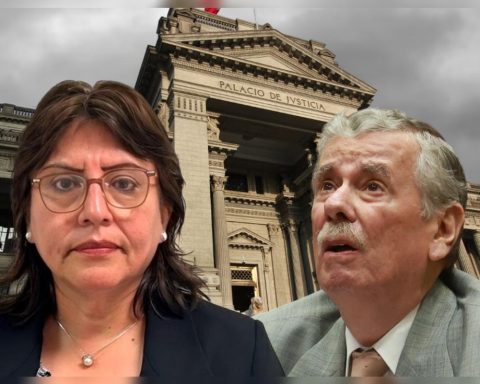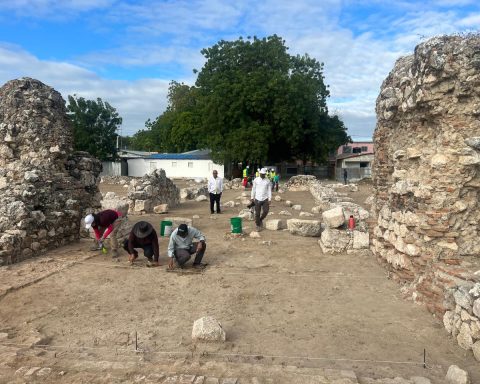The Electoral Court will give a quick response to the crime news of the defeated candidate for Mayor of São Paulo Guilherme Boulos (PSOL) against the governor of São Paulo, Tarcísio de Freitas, said this evening the president of the Superior Electoral Court (TSE), minister Cármen Lucia. According to her, the incident was isolated and does not compromise the credibility of the elections.

“Regarding a case that happens when 33 million voters are at the polls, with 102 candidates and that has already been judicialized, the Electoral Court has a very short deadline and yes, the answer will be given. If it were a country where they stay for months or weeks to break the news, it would even be a reasonable conclusion [de que a Justiça Eleitoral está demorando a agir]”, declared the president of the TSE at a press conference to present the balance of the second round of municipal elections in 2024.
“I think one case in 51 municipalities [com disputas de segundo turno] with more than 33 million voters means the success of the Electoral Justice, a Justice that works very well”, declared the minister.
Without being able to give an opinion on the case, the minister explained the processing of fake news in the Electoral Court. “What we have today is an alert system, specific advice to combat misinformation that forwards all incoming news. The treatment given by the competent institutions, because it is partly an investigation, partly a need for the Public Prosecutor’s Office to verify whether it is a case of accusation. If so, there is a process that follows the regular electoral criminal process”, he said.
Cármen Lúcia highlighted that the Electoral Court is creating a procedure to standardize types of fake news that have already had decisions made by the TSE. The objective is to speed up sentences and reduce the volume of cases in higher courts. “The repository aims to include materials that have already been subject to treatment and, therefore, the judge can do this automatically without having to get here [ao TSE] in other times”, he commented.
This Sunday, the governor of São Paulo stated, alongside the re-elected mayor Ricardo Nunes (PMDB), without presenting evidence, that members of the Primeiro Comando da Capital (PCC) faction advised relatives and supporters to vote for Boulos. Tarcísio’s statement that he “had the support” of the PCC asking for a vote for Boulos was given at a press conference at the Miguel Cervantes school, in the south zone of São Paulo, where the governor votes.
Boulos filed a Judicial Electoral Investigation Action (Aije) in the 1st Electoral Zone of São Paulo for abuse of political power and abuse in the misuse of the media, against Tarcísio. The defeated candidate’s campaign also filed a criminal report with the TSE against the governor. This process will be reported by Minister Nunes Marques, who is also a member of the Federal Supreme Court (STF).
In consultation with the National Radio Agency (EBC), the Regional Electoral Court of São Paulo informed unaware of supposed guidance from the PCC of votes for the candidate for mayor of São Paulo Guilherme Boulos (PSol). “No intelligence report or any official information came to the attention of the Regional Electoral Court of São Paulo,” replied the TRE-SP press office.
Statistics
During the interview, the president of the TSE presented statistics on allegations of fake news in the 2024 campaign. From June 4th until this Sunday (27th), the TSE registered 5,234 alerts in the Disinformation Alert System (Siade) and 3,463 calls on the SOS Voto telephone line. Due to the possibility of repeated reports on both channels, the numbers cannot be added together.
Regarding electoral irregularities reported to the Pardal app, the TSE reported having received 339 complaints. The occurrence with the highest number of complaints was the exit poll, with 202 records.
Cármen Lúcia considered the number of occurrences low and repeated that the elections took place in peaceful atmosphere. “The very few incidents occurred in a universe of more than 30 million voters. This election demonstrates that the climate of violence and intolerance, the misinformation that was attempted to recreate, invent, and defraud data to compel voters is something outside of democratic normality”, highlighted the minister.
Praising the independence of the Judiciary, the minister thanked the Electoral Court employees for guaranteeing a vote that she called “monotonous”. “I got there [em Belo Horizonte, para votar]. There was no queue, there was no confusion, there was nothing. I voted and went home. What monotony! We want democratic monotony so that everyone can then go home, be able to have their home with their loved ones having lunch”, commented Cármen Lúcia.
